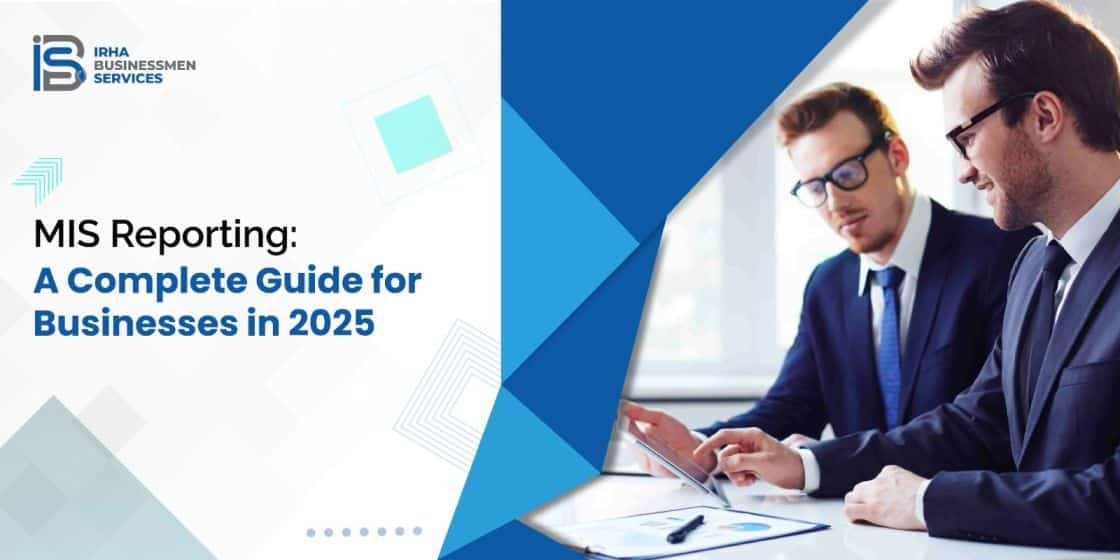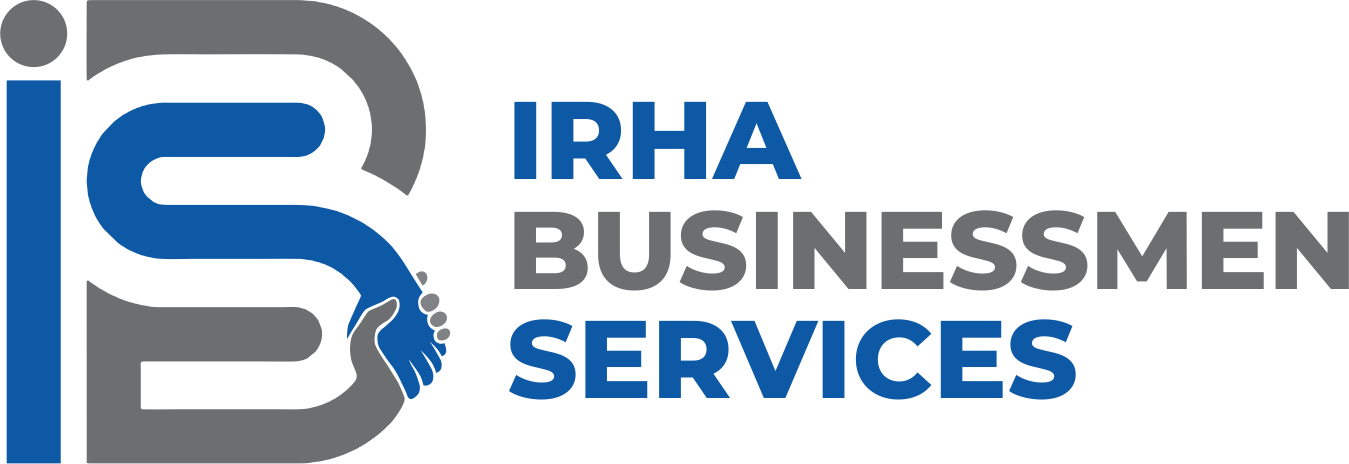MIS Reporting: A Complete Guide for Businesses in 2025

Table of Contents
In 2025, business success relies more than ever on data. With growing competition and fast-paced markets, companies need quick, reliable information to make smart choices. That’s where MIS Reporting for Businesses becomes essential. This reporting system turns raw data into helpful insights, guiding business decisions and strategies.
This complete guide explains what MIS is, how it works, why it matters, and how it helps companies across different departments.
What Is MIS and Why Is It Important?
A Management Information System (MIS) is a structured way to gather, process, and present business data. It helps owners, managers, and employees understand performance trends, spot risks, and plan effectively. In simple terms, MIS Reporting for Businesses allows data to drive decisions.
MIS systems gather data from multiple areas such as accounting, marketing, sales, and operations. This data is transformed into reports that help in managing resources and improving business outcomes.
Key Elements That Make Up MIS
An effective MIS relies on a few core components that work together to deliver accurate and useful reports.
These essential elements include:
- Software Tools – Spreadsheets, databases, and report generators
- Hardware – Scanners, Servers, Computers, Network Devices
- Business Data – Sales numbers, invoices, employee records, market insights
- Human Resources – Staff members and managers who interact with the system
- Internal Processes – Company rules and workflows for collecting and handling data
When used together, these elements create a smooth system for MIS Reporting for Businesses that keeps everyone informed.
Which Businesses Should Use MIS?
No matter the size or industry, every business can benefit from MIS. Whether you’re a small startup or a large enterprise, MIS Reporting for Businesses offers clear, organized data that improves decision-making and planning.
Here’s what MIS can do for your business:
- Offer a real-time view of performance
- Guide budgeting and forecasting
- Identify inefficient processes
- Support regulatory compliance
- Ensure better internal communication
- Safeguard sensitive data
- Track customer behaviour and market trends
When used correctly, MIS reports offer a full picture of your company’s health and direction.
What Can MIS Reports Help You Achieve?
MIS reports provide key information that influences everything from daily operations to long-term strategies. MIS Reporting for Businesses makes it easier to analyse data, adjust goals, and make confident decisions.
MIS reports support:
- Better decision-making at all levels
- Monitoring department-level performance
- Ensuring smooth data flow between teams
- Predicting trends and future outcomes
- Detecting issues before they become serious
- Comparing performance against past results
- Standardizing reporting across teams
- Boosting your competitive advantage
With these capabilities, MIS becomes a central part of your business’s growth strategy.
Types of MIS Reports That Businesses Commonly Use
Different businesses use MIS for different purposes, and reports can vary based on need. Here are the most frequently used types of MIS Reporting for Businesses.
Financial Reporting Using MIS
This type of report focuses on a company’s finances. It includes income statements, balance sheets, and expense summaries. These reports give a clear understanding of profits, losses, and financial trends.
Key uses of financial MIS reports:
- Tracking revenue and spending
- Preparing for audits or tax filings
- Budgeting for future operations
- Presenting data to investors and stakeholders
MIS Reporting for Businesses in accounting helps ensure transparency and smart financial planning.
Reports That Highlight Outliers or Issues
These are known as exception reports. They help businesses find unusual data that may indicate problems. For instance, if costs increase unexpectedly or certain departments underperform, this report flags it early.
Benefits of exception reports:
- Spotting errors or inefficiencies
- Reducing financial and operational risks
- Helping with internal control improvements
By identifying deviations quickly, businesses can act before small issues turn into larger challenges.
Tracking Sales with MIS
A sales MIS report shows how well your products or services are doing in the market. It includes information like customer trends, regional performance, product-wise revenue, and conversion rates.
Sales MIS reports often include:
- Sales volume and target comparison
- Region-wise or product-wise performance
- Customer behaviour and buying patterns
- Trends in revenue and profit
MIS Reporting for Businesses becomes crucial here to identify winning strategies and fix underperforming areas.
Overview Reports for Management
Summary reports provide an overall view of how the business is performing. These are often presented in charts, graphs, or tables to make them easy to read. Managers use these reports in board meetings or for reviewing overall performance.
Summary reports help with:
- Monthly or quarterly performance reviews
- Departmental comparisons
- Planning and forecasting
- Communicating with stakeholders
Such reports make MIS Reporting for Businesses more useful for top-level management.
Studying Patterns and Making Forecasts
Trend reports analyse past data to spot patterns. These patterns can help predict what might happen in the future. For example, you can identify which months bring the most sales or what kind of products are gaining popularity.
Trend reports help in:
- Seasonal sales planning
- Budget forecasting
- Product development planning
- Comparing performance over time
In this way, MIS Reporting for Businesses helps companies prepare for what’s coming next.
MIS for Accounting: Why It Matters
Accounting departments deal with a large amount of financial data daily. Without a proper system, this data can be overwhelming. That’s where MIS makes a big difference.
In accounting, MIS Reporting for Businesses streamlines the way financial data is gathered, processed, and reported—ensuring accuracy and real-time updates.
Advantages of MIS in Accounting:
- Keeps track of real-time income and spending
- Simplifies report generation
- Supports compliance and tax filing
- Helps with budget planning and analysis
- Reduces errors in financial documentation
In competitive markets such as Dubai, businesses often partner with accounting firms skilled in MIS to maintain an edge.
Real-Time Access and Better Planning
One of the key benefits of MIS Reporting for Businesses is that it allows companies to monitor financial performance in real time. This means you don’t have to wait for month-end reports — you can access information whenever needed.
For example, if your company wants to cut costs, MIS can show which areas are overspending. Or if you want to invest, you can check your cash flow status instantly. This speed and accuracy make financial decision-making easier and more reliable.
Forecasting and Compliance Made Easier
With the right MIS setup, companies can create future-ready plans. By identifying past trends and tracking changes, businesses can forecast cash flow, predict seasonal impacts, and determine if expansion is possible.
In terms of compliance, MIS helps by:
- Keeping records in an organized manner
- Generating audit-ready financial reports
- Meeting regulatory and tax obligations
- Securing sensitive financial data
MIS Reporting for Businesses ensures nothing slips through the cracks, which is especially important for maintaining trust and legal compliance.
Final Thoughts
In 2025, MIS Reporting for Businesses is not just a useful tool—it’s a business necessity. Whether you’re managing accounts, tracking sales, or improving operations, MIS helps you see the full picture.
If you’re ready to implement a reliable MIS solution, get in touch with IRHA Businessmen Services. We provide professional guidance to help your business streamline reporting, improve accuracy, and make better decisions.
